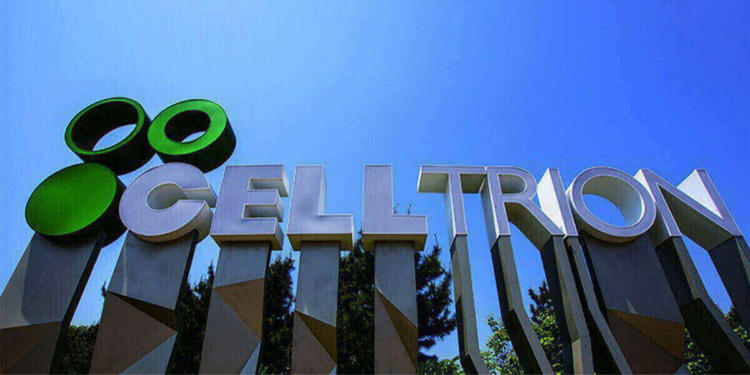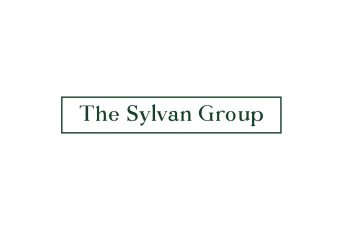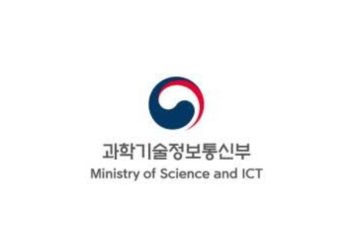Celltrion announced on Monday that its antiviral treatment candidate CT-P59 for COVID-19 positively lowered the amount of SARS-CoV-2 virus in infected ferrets by 100 times. The pre-clinical trials displayed substantial improvements in lung lesions of the animal models.
The South Korean biopharmaceutical company said that they would conduct the first human clinical trials using CT-P59 in July. The company said that if successful, CT-P59 could become a potential therapy for the COVID-19 disease.
Celltrion conducted the pre-clinical study in collaboration with the College of Medicine of Chungbuk National University. The company assessed the trial to test out low, and high dosage amounts for the antiviral antibody treatment.
The company stated that both dosage trials of CT-P59 exhibited promising results with the first day of treatment showing signs of improved recovery from symptoms such as cough, body aches, and runny nose. The trials also presented favorable results after the fifth day with significant clinical remission.
The high-dose group saw a 100-fold reduction in viral load with lung-biopsy showing lung tissue histopathology returning to normal within six days. Meanwhile, the placebo-controlled group displayed persisting lung inflammation and complications.
Kwon Ki-Sung, Celltrion’s head of R&D, said that its innovation, expertise, and experience gave it an advantage in developing a safe and effective treatment for the COVID-19. Included in the company’s portfolio is a multi-antibody drug used for influenza, CT-27, and the antibody treatment CT-P38, for the Middle East respiratory syndrome (MERS).
In April, Celltrion completed the identification of antibody candidates for antiviral treatment. In light of the positive results, the company would now conduct pre-clinical settings for toxicity and efficacy testing.
Celltrion expects to start the first-in-human clinical trials by July and ensures that it is capable of mass-producing the antibody treatment as soon as possible.







